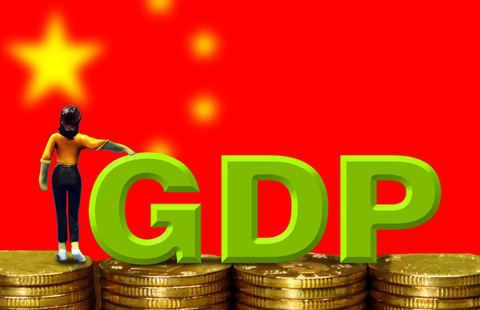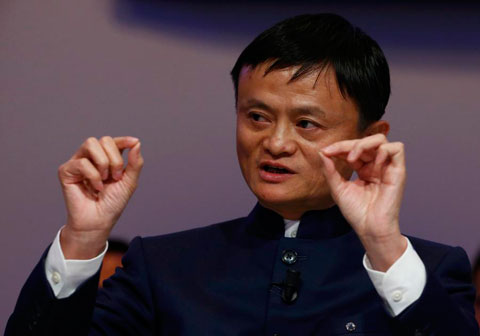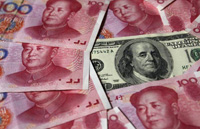Slowing economy crimps China's fiscal revenue
By Zheng Yangpeng (China Daily) Updated: 2015-01-31 09:02Zhang Zhiwei, chief China economist at Deutsche Bank AG, said in a recent report that continued fiscal pressure would "constrain the government's capacity to boost growth through infrastructure investment and add pressure for structural reforms".
This was already demonstrated in last year's fiscal expenditure. The government spent 15.2 trillion yuan to pay for the civil service, as well as the costs of education, healthcare and other items.
Those expenditures were up 8.2 percent from 2013 - the slowest growth rate since 1987.
That situation prompted many economists to call for a higher fiscal deficit ratio, which they said should be boosted from 2.1 percent of GDP last year to between 2.5 percent and 2.9 percent.
Given the downward pressure of local governments' off-budget spending, mainly derived from land sales and bank loans, the boost is deemed necessary by many analysts to avert a precipitous fall in public expenditure.
Wang Chaocai, deputy head of the Fiscal Sciences Research Center, said that while the ratio could be raised, other strategies should be considered, such as dealing with the government's idle deposits and continuing the public sector's austerity campaign.
"Funding demand from the government sector is insatiable no matter how revenue grows. They key is to rein in that demand," he said.
Zhang warned that broad fiscal revenues, including tax and land sales, could decline 2 percent in 2015, which would be the first decline since 1981.
Despite slower growth, China's broad fiscal revenue is already the world's largest. General fiscal revenue, government funds and budgeted social security funds totaled 23.2 trillion - about $3.7 trillion - in 2014, or 36.5 percent of GDP.
By comparison, the US Treasury publishes "total receipts", which stood at $3.02 trillion in fiscal 2014, which ended on Sept 30.
China's economy is just 59 percent as large as that of the US.
- China's fiscal revenue records slowest growth in 23 years
- China to further open video game console market
- China to boost cloud computing
- Guangdong Chimelong starts building phase two of Zhuhai resort
- National social security fund investment up 11.43% in 2014
- Tencent inks exclusive online partnership for NBA games in China
- Chinese regulator tightens screws on securities firms
- Sunac China to buy 49.3% stake in troubled developer Kaisa

















